Coronavirus Pandemic Creates Challenges and Opportunities for Youth Mentoring in King County
The challenges imposed on nonprofit organizations by the coronavirus pandemic in the delivery of services have forced agencies to creatively think about how to best serve their communities.
The crisis also has shed light on some of the added challenges that exist in low-income communities, immigrants and families of color.
During this week’s COVID-19 livestream update from United Way of King County, Ruel Olanday Jr, community impact manager for youth for United Way, discussed some of those issues with Hazel Cameron, executive director for the 4C Coalition, and Donald Cameron, executive director for Seattle CARES Mentoring Movement.
The 4C Coalition connects mentors with at-risk youth of color, and it also provides support services for them. The Seattle CARES Mentoring Movement recruits and mobilizes black men and women to mentor and nourish children.
Donald Cameron said they realized early on that the organizations would have to pivot and change the way they provide mentoring services—to do it online, via videoconferencing, versus the traditional model of in-person mentoring.
However, they first had to assess the technical capabilities of the youths’ families. They found out that half the families they serve did not have adequate access to devices or even the internet. Fortunately, someone in their community had connections, and that person was able to procure 25 computers within a week for the youths and their families.
The organizations trained the families and youths to an online videoconferencing platform, and the new system was up and running within weeks.
Donald said that during the first mentoring session, they asked the youths to create “superhero characters,” which the students really enjoyed.
“It is amazing to find out how creative they are,” Donald said.
“It was great to watch how they adjusted,” Hazel said. “They developed their superheroes. They moved to tell amazing stories and connected these superheroes to COVID-19, and how they would save the world, save Seattle, save the schools.”
Olanday marveled at how the organizations had adjusted to the current environment and their ability to overcome obstacles.
“You became technical assistance providers, emergency services providers, access providers. Physically delivering materials,” Olanday said. “It’s exciting to watch that pivot. I’m just in awe, bowing to the wonderful things you’re creating.”
Hazel said it was exciting to see the reaction from the children during the first online mentoring session.
“These young people hadn’t seen their peers, and that’s really tough for children,” she said. “They’re suddenly out of school, they don’t see their friends. The excitement of seeing their peers was just amazing.”
Donald said one of the more noticeable aspects of the online mentoring system was to watch some kids in the “break-out” rooms created within the videoconferences. Some students are not comfortable speaking during in-person sessions with large groups, but the break-out rooms allowed a very low, 1-to-5 mentor-to-student ratio.
“I don’t think these [superhero] stories would have developed had they not been in small group sessions,” Donald said. “Some kids who wouldn’t speak out would be very vocal in the break-out rooms.”
The livestream was sponsored by Alaska Airlines and can be viewed here.
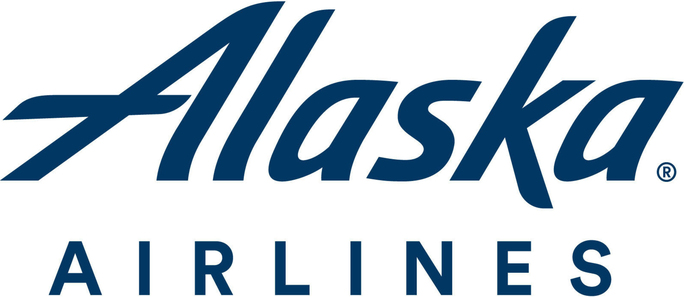

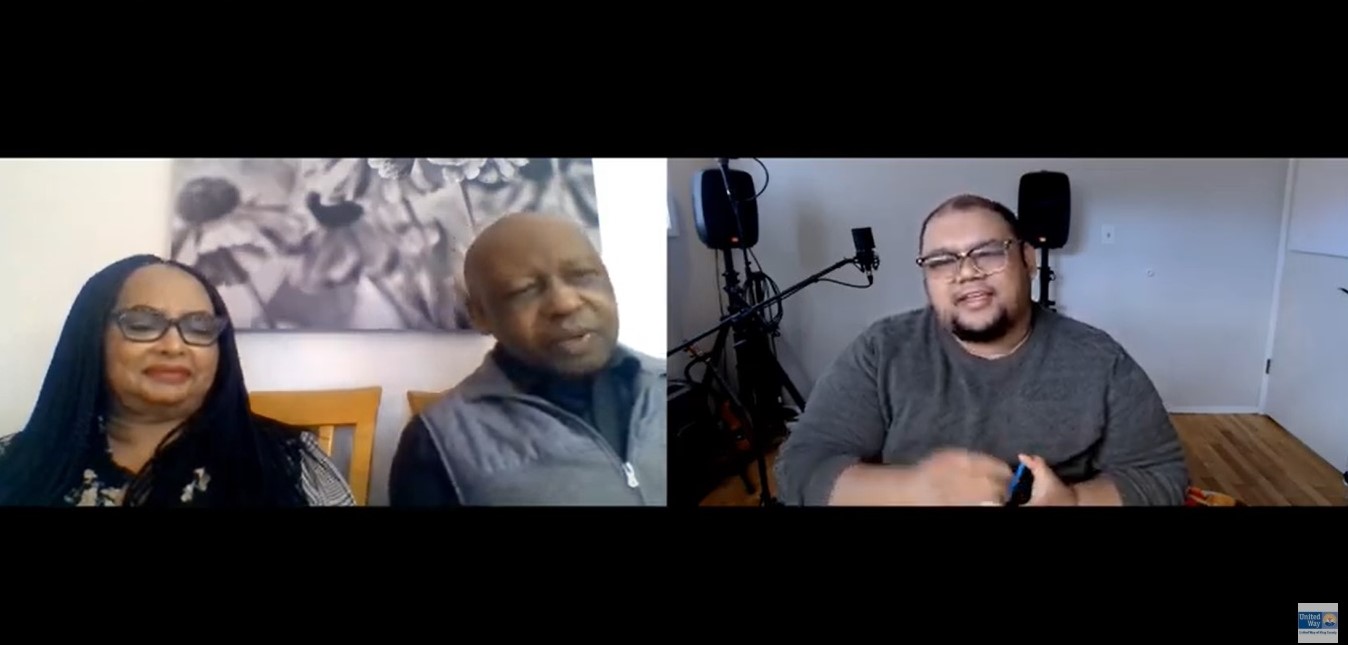
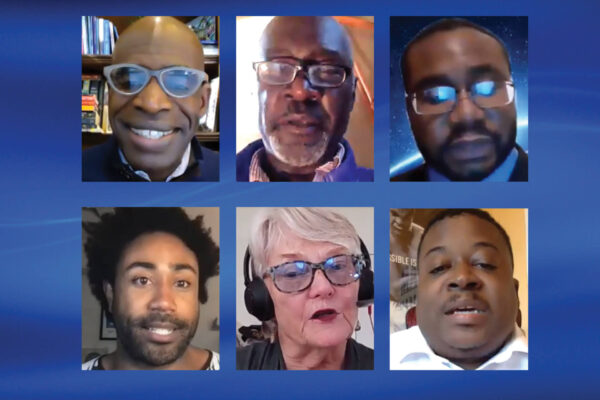
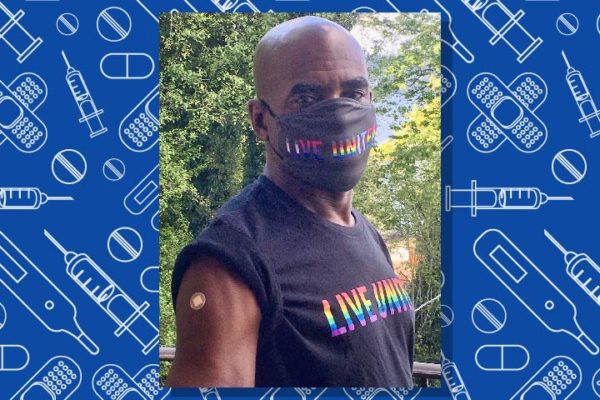
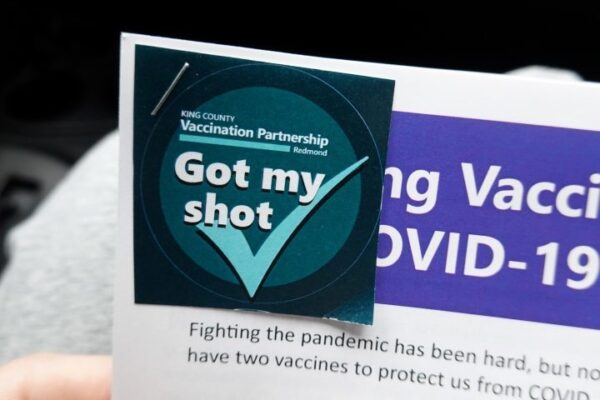
Comments
Christine Hynes
May 7, 2020This is so cool. I love the way Hazel and Donald just got right to problem solving mode -- the young people and families needed tech assistance and they delivered.